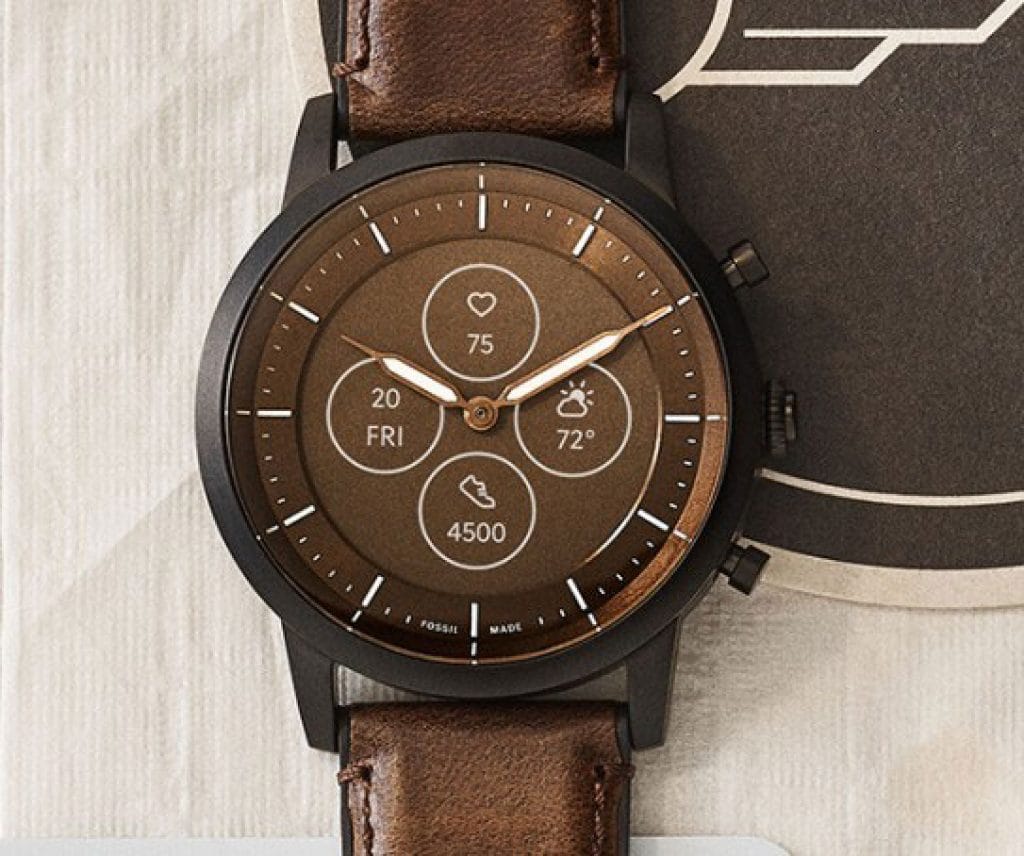The smartwatch market has undergone significant changes in recent years, with various brands vying for dominance in a rapidly evolving landscape. Among these brands, Fossil Group has long been recognized as a notable player, particularly in the realm of Wear OS smartwatches. However, in a recent announcement, the company confirmed that it will be discontinuing its line of Wear OS smartwatches, effectively marking the end of its venture into this segment of the wearable technology market.
Fossil’s decision to cease production of its Wear OS smartwatches is rooted in a combination of strategic realignment and market dynamics. The brand has faced increasing competition from both established tech giants and emerging players in the smartwatch arena. Companies such as Apple, Samsung, and Garmin have consistently released innovative products that have captured significant market share, leaving Fossil to navigate a challenging landscape.
The Wear OS platform, developed by Google, was intended to provide a versatile and customizable operating system for smartwatches. Fossil embraced this technology, launching a series of smartwatches that combined traditional watch aesthetics with modern functionality. These devices offered features such as fitness tracking, notifications, and customizable watch faces, appealing to consumers looking for a blend of style and technology. However, despite these efforts, Fossil’s Wear OS offerings struggled to compete against the more robust ecosystems of rival brands.
One of the challenges facing Fossil was the perception of the Wear OS platform itself. While the operating system provided a degree of flexibility, it often lagged behind competitors in terms of performance and user experience. Many consumers found that the battery life and app selection were not as compelling as those offered by other platforms. As a result, Fossil’s smartwatches were often viewed as secondary options rather than primary choices for consumers seeking a reliable smartwatch experience.
In addition to these technical challenges, Fossil also faced shifting consumer preferences. As the market matured, consumers began to prioritize features such as health and fitness tracking, seamless integration with smartphones, and long battery life. Brands that effectively addressed these demands gained traction, while those that did not adapt quickly enough faced declining sales. Fossil’s decision to discontinue its Wear OS smartwatches reflects an acknowledgment of these changing dynamics and the need to pivot towards more promising opportunities.
The discontinuation of Fossil’s Wear OS smartwatches has implications not only for the company but also for the broader smartwatch market. As one of the last major brands to produce Wear OS devices, Fossil’s exit may signal a diminishing interest in the platform among manufacturers. This trend could potentially lead to a consolidation of smartwatch offerings, with fewer brands investing in Wear OS and more focusing on proprietary systems or alternative platforms.
For consumers, the end of Fossil’s Wear OS smartwatches may mean fewer choices in the market. While Fossil’s devices were known for their stylish designs, the discontinuation leaves a gap for consumers who appreciated the brand’s unique aesthetic combined with smartwatch functionality. Those seeking similar features may need to explore options from other brands, potentially leading to a shift in consumer loyalty as they adapt to new offerings.
Looking ahead, Fossil Group has indicated that it will be focusing on other aspects of its business, including traditional watches and potentially new wearable technology that aligns more closely with current consumer trends. The company may explore opportunities in fitness tracking or smart accessories that do not rely on the Wear OS platform. This strategic shift reflects a broader trend in the industry, where brands are increasingly looking to innovate and differentiate themselves in a crowded marketplace.
In conclusion, the discontinuation of Fossil’s Wear OS smartwatches marks a significant moment in the evolution of the smartwatch industry. As the company shifts its focus, it remains to be seen how this decision will impact its overall market position and the choices available to consumers. The smartwatch landscape continues to evolve, and Fossil’s exit from the Wear OS segment serves as a reminder of the challenges and opportunities that lie ahead for all players in this dynamic field.



